The food chain is a complex system that spans from food production and processing to distribution and final consumption. Food safety is a primary concern around the world, and traceability plays an essential role in ensuring that the food that reaches our plates is safe and of high quality. In this article, we will explore the concept of traceability in the food chain and how the use of contract management software can optimize this critical process.
What is traceability in the food chain?
Traceability in the food chain refers to the ability to trace a food product at each stage of its production, processing and distribution. This involves tracking information on the provenance, handling, transportation and other relevant aspects of a food product from its origin to its final destination in the marketplace or on the consumer’s table.
Traceability has multiple objectives, the most important of which are:
Food Safety
It allows you to quickly identify and resolve any food safety issues, such as foodborne illness outbreaks or contamination.
Quality
It helps maintain the quality of food products, which is essential to ensure customer satisfaction and competitiveness in the marketplace.
Regulatory Compliance
Facilitates compliance with local and international regulations and standards, which is essential to avoid penalties and loss of reputation.
The importance of traceability in food safety
Traceability plays a crucial role in food safety. It allows authorities, manufacturers and distributors to identify and isolate potentially hazardous products efficiently. If a food safety problem arises, such as the presence of pathogens or toxic substances, traceability makes it possible to determine the source of the problem and take immediate corrective action. This helps prevent foodborne disease outbreaks and protect public health.
In addition, traceability can be a key differentiator in food crisis management. Companies that can identify and recall affected products quickly and accurately can limit reputational damage and reduce the costs associated with product recalls.
Contract management software and traceability in the food chain
The use of contract management software can significantly improve traceability in the food chain. Here are some ways in which this technology can play a key role:
Centralized Data Recording
Contract management software can centralize and organize relevant information about suppliers, producers and other players in the food chain. This simplifies the task of tracking products from their origin to their final destination.
Process Automation
Process automation, such as real-time data capture or automatic record generation, can speed traceability and reduce the possibility of human error.
Information Security
Contract management systems typically have robust data security features, protecting critical food chain information from cyber threats.
Reporting
These systems can generate detailed reports that facilitate auditing and regulatory compliance, which is essential in the food chain.
Conclusion
Traceability in the food chain is an essential component of food safety and product quality. The ability to trace a food from its origin to its final destination enables a quick and effective response to food safety issues. Incorporating contract management software into the food chain can significantly improve traceability efficiency, thereby contributing to food safety and consumer welfare.
In a world where food safety is paramount, investing in technologies such as contract management software is an investment in consumer health and confidence. Traceability is not only a regulatory requirement, but also a practice that drives quality and accountability throughout the food chain.










